The Canary Islands on the border: South of North? North of South?
Posted
Time to read
Guest post by Roberto Gil Hernández. Roberto is a PhD in Philosophy, Culture and Society from the University of La Laguna, and member of its Centre for African Studies. He has published En el nombre de Canarias: Repensar la sociedad del Archipiélago más allá de su imposibilidad (2022), and, as co-editor, Canariedades. Textos para pensar una Canarias Otra (2023).
This post is part of a collaboration between Border Criminologies and Geopolitics that seeks to promote open access platforms. As part of this initiative the full article, on which this piece is based, will be free to access until the end of January 2025.
South and North are categories that do not conform to stable definitions. Theories that designate global borders such as North-South, centre-periphery, and development-underdevelopment should be critically analysed. The case of the Canary Islands, sometimes conceived as “South of North”, and other times as “North of South”, can be a useful contribution to this analysis.
The usefulness of defining the Canary Islands from a decolonial perspective suggest the suitability of Southern theories to articulate new views of colonial and imperial models of North-South domination in Africa. The archipelago is an example of the ambiguity of the border imaginaries through which the world system is governed. Indeed, it manifests how African Islands under European rules can function as a Western platform to reproduce the West's neo-colonial project in continental Africa.
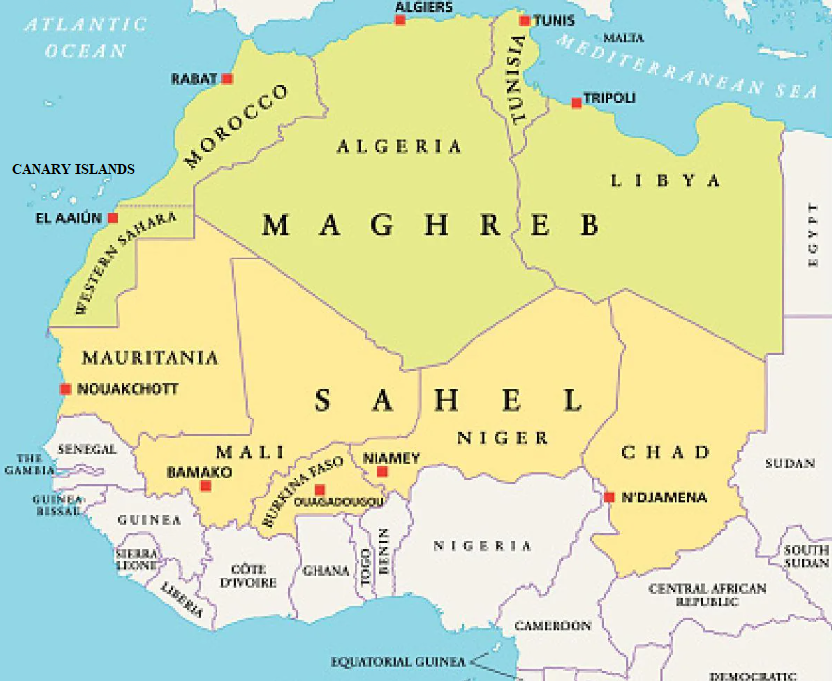
The Canary Islands have been part of the Kingdom of Spain since their conquest in the 15th century. Today, this archipelago is one of its seventeen Autonomous Communities (the only one located in Africa) and are also integrated into the European Union, where it is euphemistically referred to as an Outermost Region. In the same sense, the Islands are often defined as a hub or a logistic platform for the Northern countries in Africa. The fact that certain groups in the Canaries, usually its social elites, take this position implies that relations between the archipelago and the mainland reproduce the unequal logic of North-South cooperation. For this reason, institutions from the Islands focus their activities on the extractivist economic interest of Western companies in Northwest Africa. As a result, the archipelago is used to maintain and expand neo-colonial projects on the continent. The African countries who have been most affected by the presence of Spanish, European Union, and North American companies through the Canary Islands are Cape Verde, Mauritania, Morocco and Senegal.
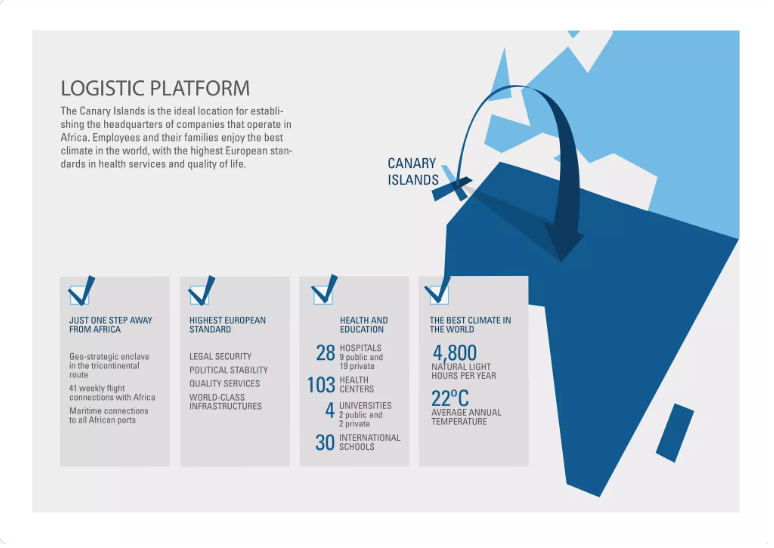
In this respect, cooperation for Islands' administrations seems to have a narrow meaning. It does not apply, for example, to migration. In the last decades, the Canary Islands have become a point of arrival of people from other African nations, such as Morocco, Mali, Senegal, Gambia, and Nigeria. 2023 saw the highest number of arrivals to the Islands from neighbouring coasts since 2006, when 31,678 people arrived in the archipelago during the so-called the Cayucos crisis. The institutional response to this border drama varies according to the profile of the migrants (age, gender, origin, legal status, etc.), ranging from reception to expulsion. The violation of the human rights suffered by this group has been repeatedly denounced by different organisations. Furthermore, in the last five years, 1,400 people have died by crossing the ocean separating the mainland from the Islands on cayucos (canoe boats), according to the International Organization for Migration. The most recent and deadliest of these episodes occurred last September on the island of El Hierro, in a shipwreck in which almost half a hundred people disappeared.
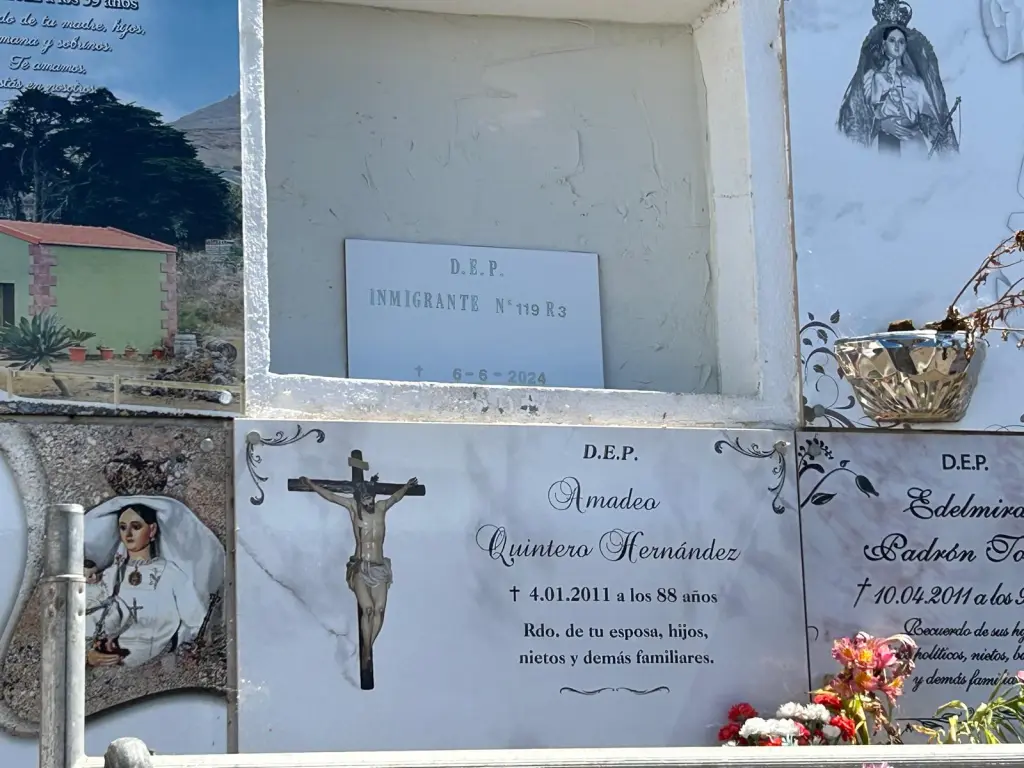
Behind this humanitarian crisis, there is a political strategy that aims to make the Canary Islands as South of North, i.e. the last African border before the West. This logic is imposed in the archipelago context when migrants' rights are violated, and their deaths at sea reveals the real commitment of the institutions of the Islands, Spain and the European Union to development in Africa. Crucially, the African location of the Canary Islands serves to control any threat to the West. This policy of dehumanisation evidences the global crisis in which nations from the North are immersed. The West's repeated efforts to situate its economic, cultural, and geopolitical limits in locations like the Canaries turns the islands into an imperial frontier. To decolonise the territory, it is urgent to initiate a process of African regional integration that does not ignore the role played by regions who have historically acted as a border between South and North.
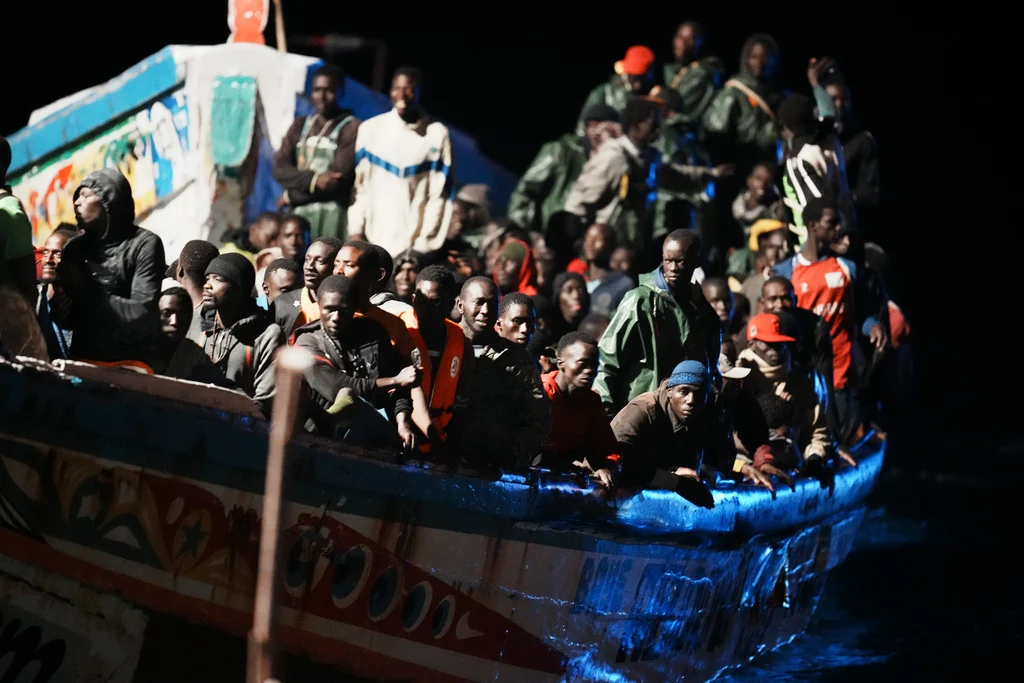
In addition, the Canary Islands' reality is not the same as the reality of its neighbouring countries, neither of the rest of Spain and the European Union. The archipelago leads most of the rates of inequality in the countries of the North, with 33.8% of its population at risk of poverty and social exclusion according to the European Anti-Poverty Network, and its unemployment levels remain over 14% in the last ten years in accordance with the Spanish National Institute of Statistics, among other indicators. At the political level, these asymmetries are also evident in the recurrent tension between island institutions and Spanish and European ones. Recent examples include the control of its seabed resources, the inefficient management of the crisis generated by the volcanic eruption on La Palma, or the Spain and European Union's change of position regarding the Western Sahara conflict. Other factors have gained salience such as the deterioration of natural landscapes because of the tourist industry, high prices in food and housing, and the growing demographic pressure on the Islands, mainly by population arriving from Europe. In 2024, mass protests erupted across the archipelago under the slogan 'The Canary Islands have a limit'. From a decolonial perspective, it can be affirmed that the Canaries, although administratively part of Europe, must also be enunciated as the North of the South.
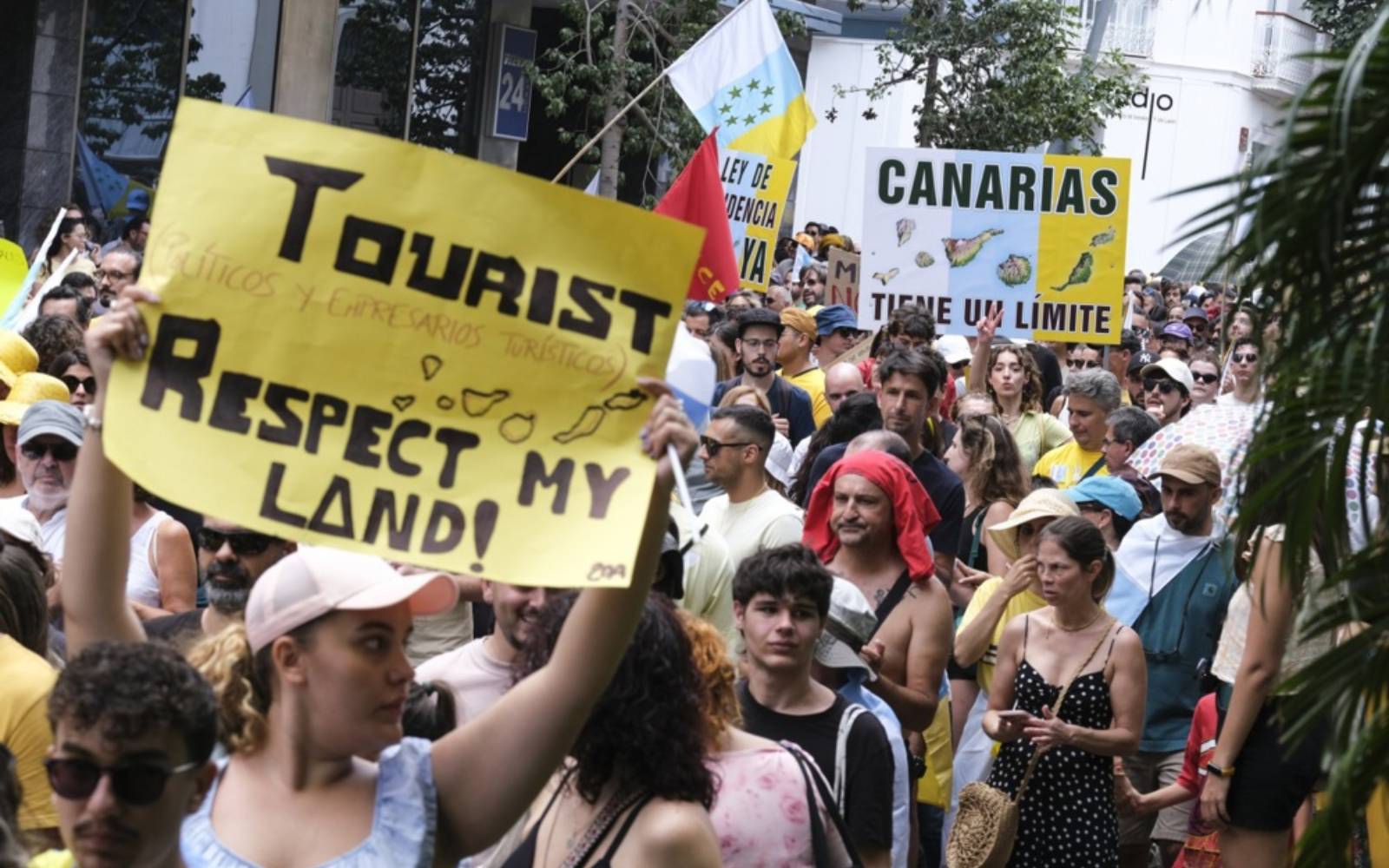
In short, rethinking on the archipelago border position could be useful to confront contemporary challenges with full awareness of the islands' colonial legacy as an imperial frontier. Relaxing the socio-economic, geopolitical, and cultural barriers that still divide the African nations is essential to design strategies that really have an impact on the well-being of its society. Only in this way will it be possible to establish relations between the archipelago and the mainland that do not reproduce the logic of North-South domination. With another type of relations, it would be possible to demand on the countries of the North to assume the symbolic and material reparations for the effects of colonialism and neo-colonialism in Africa, including the economic extractivism that explains not only the social problems affecting the island population, but also the arrival of migrants in their territory and the border policies that cause them suffering, expulsions, and deaths. The Canary Islands could stop being an imperial frontier, and thus the South of the North and the North of the South. Indeed, the archipelago, possibly one of the African territories under Western control for the longest time, could play an exceptional role in the current fight to decolonise the world.
How to cite this blog post (Harvard style):
R. Hernández. (2024) The Canary Islands on the border: South of North? North of South?. Available at:https://blogs.law.ox.ac.uk/border-criminologies-blog/blog-post/2024/12/canary-islands-border-south-north-north-south. Accessed on: 20/12/2024Share
With the support of







